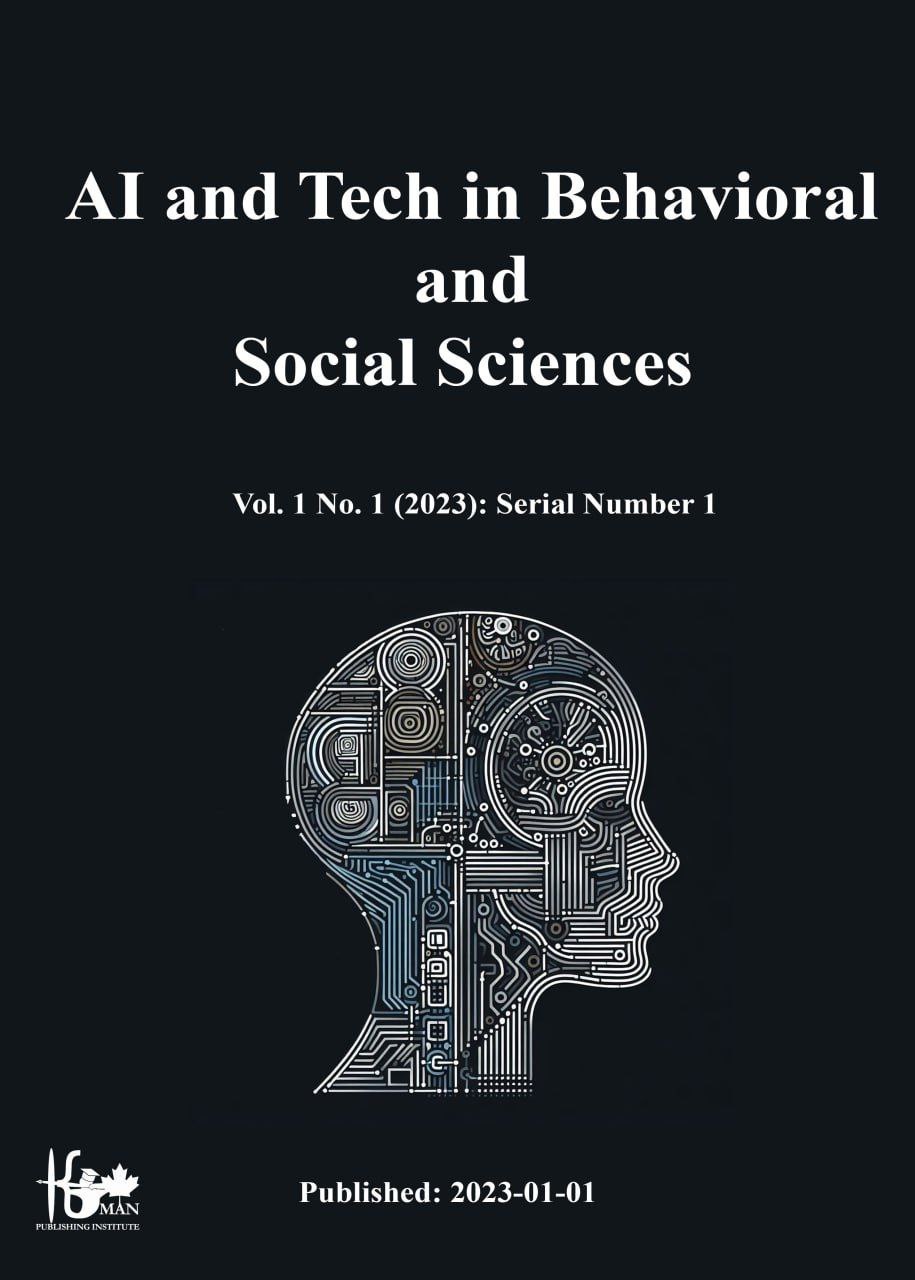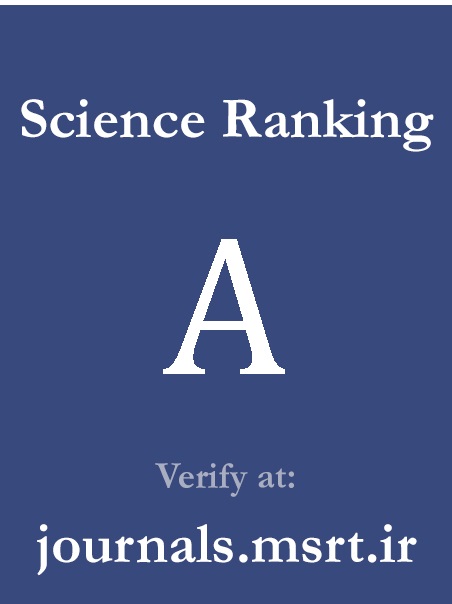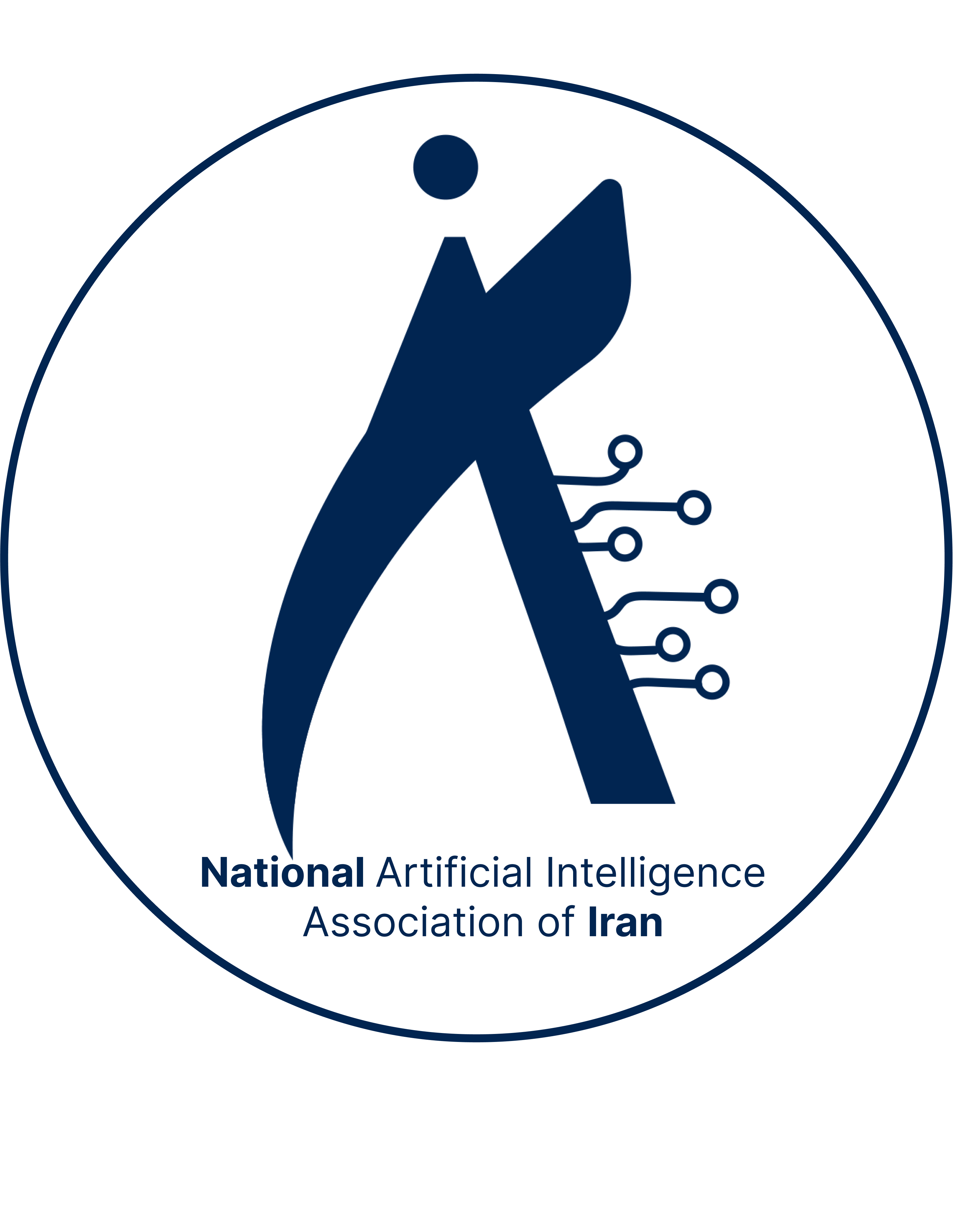Artificial Intelligence in Education: Investigating Teacher Attitudes
Abstract
This study aims to investigate teachers' attitudes towards AI in education, focusing on identifying the perceived benefits, challenges, and ethical considerations associated with AI integration into teaching and learning environments. Utilizing a qualitative research design, this study conducted semi-structured interviews with 28 educators from various educational levels and disciplines. Thematic analysis was employed to analyze the interview data, identifying key themes and concepts related to teachers' perspectives on AI in education. Four main themes were identified: Pedagogical Impacts, Ethical and Social Considerations, Technological Challenges and Opportunities, and Perceptions of AI in Education. Pedagogical Impacts encompassed enhancing learning outcomes, curriculum integration, and the evolving roles of teachers. Ethical and Social Considerations highlighted concerns over data privacy, bias, and equity. Technological Challenges and Opportunities discussed integration challenges and the future of educational technology. Lastly, Perceptions of AI in Education revealed varied attitudes, awareness levels, and perceived impacts on professional identity. Teachers recognize the transformative potential of AI in enhancing personalized learning and operational efficiency. However, concerns about ethical issues, technological infrastructure, and the need for professional development are significant. Addressing these concerns requires targeted efforts from policymakers, educational leaders, and technologists to foster a supportive environment for AI integration in education.








